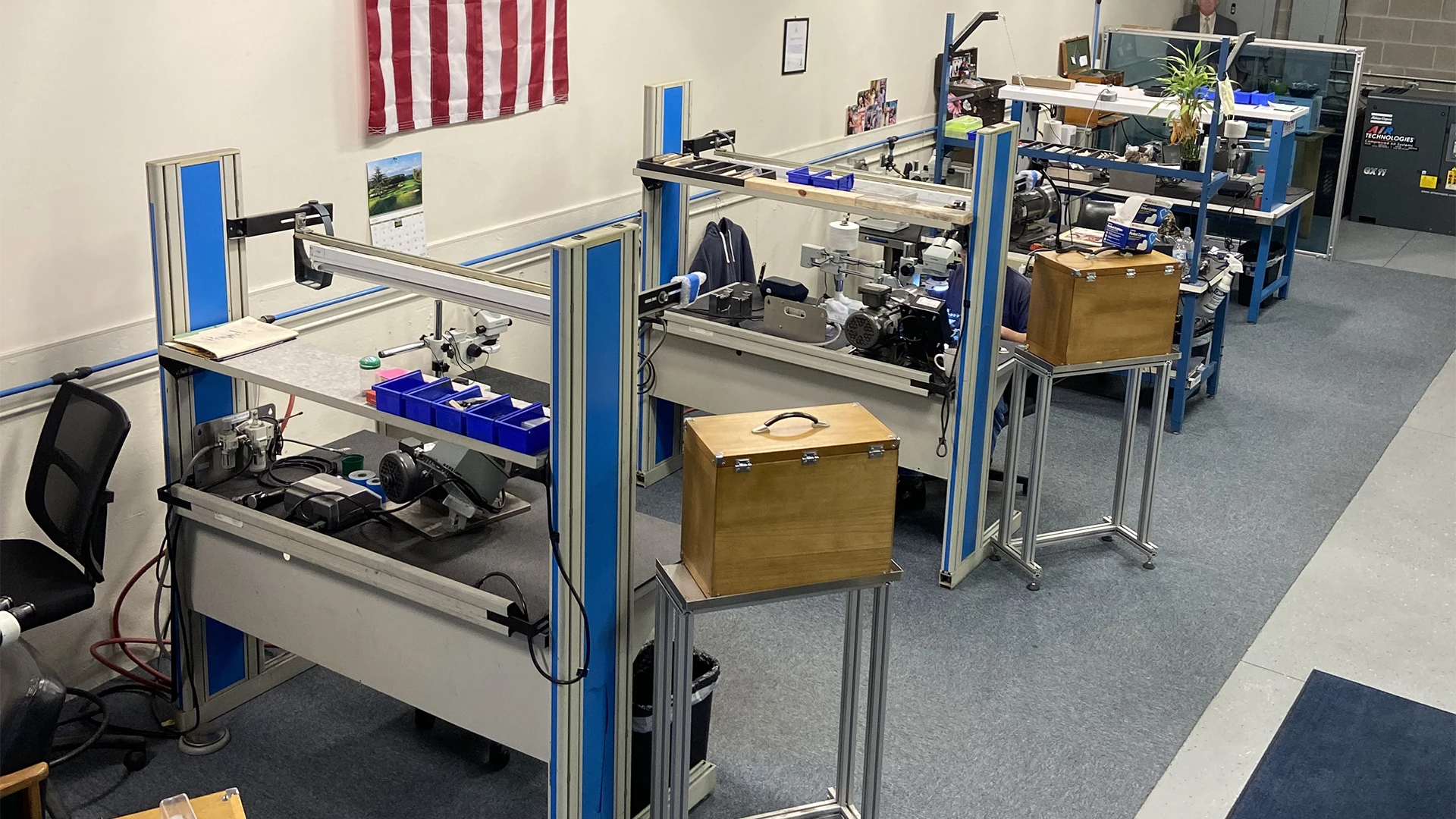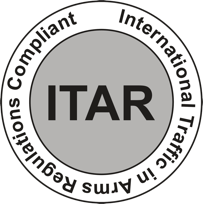Important Considerations for Mold Polishing Services

Finishing is an increasingly important part of manufacturing injection molds, and mold polishing services from King Precision allow our customers to refine tolerances or restore previous characteristics to existing molds. King Precision Solutions offers an unmatched assortment of mold-polishing services, which includes diamond optical polishing, stone finishes, paper finishes, and dry blast fine-heavy solutions. With an experienced team of polishers and an array of high-tech equipment like the Keyence IM-8030, our polishing services can hold critical surfaces within 0.0002”. This article examines the finer details of mold polishing at King Precision and what companies should consider to obtain the necessary results for producing the best components possible with premium molds. Contact our team today to request a quote.
Why Mold Polishing Matters
Mold polishing is essential for creating high-performance molds that look and function at a high standard. The aesthetic benefit is apparent with a sleeker, shinier finish, however, this smoothed surface makes it much easier to eject components and parts from the mold. Plastic part removal can be particularly difficult, considering the high temperatures they are subjected to, but mold polishing makes the process smooth. Additionally, mold polishing can reduce the wear and corrosion resistance of the mold’s surface, which increases the mold’s lifespan. All these benefits work together to decrease injection cycle time and improve the overall efficiency of production with less wasted material.
Versatile Solutions
While many manufacturers specialize in a single type of item or component, others require versatility. King Precision’s polishing can be applied to various molds across numerous industries that require clear, smooth surfaces while still maintaining existing dimensional tolerances on precision instruments and optical equipment like lenses and microscopes.
Production Volume
Mold polishing significantly reduces the difficulty of removing certain components from molds, especially plastics, so production speed increases overall. If your company needs to be able to handle high-volume production frequently, then mold polishing is a necessity. While mold polishing itself has a cost, it offers savings with reduced material waste and faster production cycles.
Precision Accuracy
Mold polishing requires precision to maintain the mold’s dimensional accuracy. When components require specific dimensions, polishing cannot interfere. At King Precision, our work is completed under a 10x microscope to maintain dimensional accuracies. This applies to cavity and core polishing for complex molds with interior chambers.
Additional Services
Achieving the proper polished finish can require multiple steps, including machining and plating. At King Precision, we are a one-stop shop for the entire process thanks to our comprehensive machining capabilities. We cater to tool and die repair, so our technicians can refurbish cores and cavities and re-machine surfaces to sharpen up any design features that may lose some of their dimensional accuracy over time and with prolonged use. Our laser welding services can sharpen edges and other features if necessary. Once the required work is completed, we can re-polish and plate as needed for a completed mold that is immediately ready for use.
#1 Diamond Optical Polishing & SPI Grades
The Plastics Industry Association mold polishing grades are strict guidelines with allowable “typical surface roughness” measurements that determine the final quality level of the polished surface. King Precision Solutions is experienced at meeting all levels of polishing grades, including the most demanding A1 diamond optical polishing. This level of final polish is frequently used for optics like lenses that need a smooth surface to function properly. King Precision offers diamond finishes A1-A2-A3-Optical for a supremely smooth polish.
Depending on the industry specifications of the end application, certain projects might only require a simplified rough “stone finish” known as a C-1 to C-3 standard. However, for more high-performance parts used in specialized fields like the medical, automotive, aerospace, or precision electronic industries, a more specific mold polishing grade is required.
- D-1 to D-3: Dry Blast Glass Bead, #240 Oxide, #24 Oxide (Dull or Satin Finish)
- C-1 to C-3: Stone Finishes 150-1500 Grit for Low-Polish Parts
- B-1 to B-3: Paper Finishes 220-2500 Grit for Medium to Medium Low Polish Part
- A-1 to A-3: Diamond/Optical Finishes for High-Polish Parts or Lens/Mirror Finish
Quality Control
All polishers have quality control measures, but the best polishers will implement extensive processes to ensure the best possible results. At King Precision, we verify part dimensions in the mold before and after polishing. This is to maintain dimensional tolerances since many of our customers require exact specifications, such as those in the medical, optical, and aerospace industries. We produce intricate polishing work without removing key product details like dimensions and threading while getting rid of tool marks. With additional CMM inspection, we can implement effective quality control in all our mold polishing services.
King Precision Mold Polishing Services
At King Precision, we offer mold polishing services using high-end ultrasonic technology and experienced technicians. Each of our polishers has at least 25 years of experience in the industry, and we operate out of a climate-controlled 5,000-square-foot facility. Contact us today to request a quote for mold polishing services.


